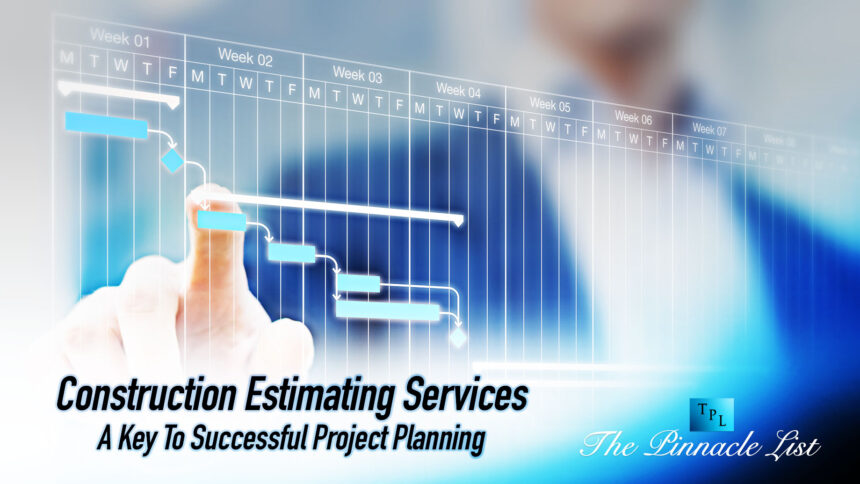Information is essential to every building job. Not just generic information but particular, verifiable facts. In this situation, estimates of building costs are provided. Starting a building project without understanding the costs involved is dangerous. Construction estimating services assist general contractors in selecting the appropriate project and structuring their bids to meet the project’s requirements. It also assists clients in determining a project budget range and choosing the most viable and cost-effective solution. That’s why having a construction estimate checklist is essential.
What is a Construction Estimate Checklist?
A construction estimate checklist is a thorough list of the expenses and items to execute a project. It is a construction cost estimation tool to assist clients and contractors in understanding typical construction costs.
Estimators separate and categorize expenses as direct and indirect costs. They then utilize the list to generate estimates, which clients use to select an appropriate budget for the project.
Contractors use this data to compare to their projected expenses to determine whether the project is viable.
What is Part of the Construction Estimating Services Checklist?
A construction estimating services checklist includes all the items directly or indirectly associated with the construction project.
Project Information
Project information generally defines the project. It includes the construction project scope, description, location, site condition, specifications, drawings, and permits.
When dealing with a project site, you must consider geography, material transportation, local labor costs or rates, and permissions and fees. All of these have different costs. A mountainous area might necessitate additional excavation to level the land. Direct expenses, such as labor rates and material prices, assist project owners in developing a unit price estimate that contractors use when bidding on projects.
Labor rates might fluctuate according to geography and weather conditions.
Direct costs.
Direct costs are identifiable expenses to a physical construction project. They are the primary costs connected with completing the project. Direct costs include material costs, transportation, labor, equipment purchases and rentals, subcontractor costs, waste disposal fees, and permits.
Material expenditures include purchasing concrete, steel, lumber, electrical components, and plumbing fixtures. To account for unexpected price swings, a contractor must guarantee that the unit price estimate is slightly higher than the market price.
Labor costs include the pay and benefits paid to construction workers, including laborers, electricians, managers, carpenters, etc. Overtime compensation factors into labor expenditures in unexpected delays.
Construction permits are required for all projects. Inspection and building permits are necessary for all construction projects, regardless of size or complexity. Permit fees vary according to the project scope.
Indirect costs.
Indirect costs are charges not directly related to construction, but help keep the project going. They are primarily administrative fees, such as office rent, office personnel salary, accounting, legal, office supplies, and project software. Indirect expenses vary according to the construction business, the size of the project, and its complexity.
Hiring an accountant to balance the books and keep the company profitable is critical to the overall profitability of the construction business. Hiring legal counsel for contract negotiations or dispute resolution ensures that the contractor gets a better bargain and stays within legal bounds when dealing with conflicts. Mileage expenses fall under the indirect costs category. These indirect costs include executive and director travel expenses.
Other considerations
Accounting for direct and indirect building expenses is insufficient. In your project cost analysis, you must account for additional eventualities that could derail the budget or cause the project to delay. The primary concern is site accessibility.
Weather is another potential issue that needs to be addressed. A rapid change in weather conditions causes contractors to adjust their construction strategy.
Although price fluctuations are beyond the control of contractors and project owners, it is always a good idea to prepare for them. A fluctuation in material pricing could cause the overall project to overshoot its budget. A buffer to accommodate these possibilities guarantees that the project progresses as planned.
Final Thoughts
Construction costs are at the heart of each project plan. They impact everything, including interested contractors, winning bids, project timelines, and the finished product. A construction estimating services checklist assists all concerned stakeholders in determining the final project cost and deliverable quality. CSI Estimation is a market leader for all construction estimating services. Our Construction estimating services NYC is what you want.


